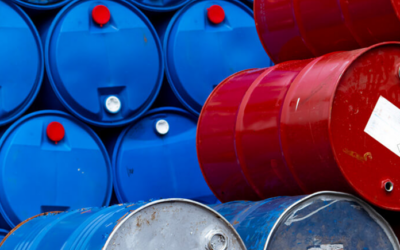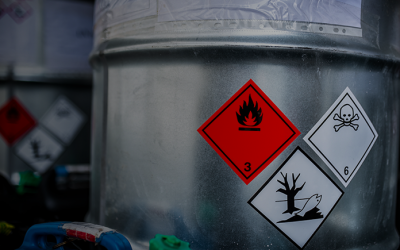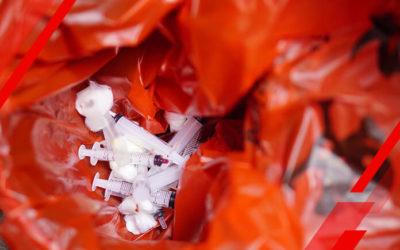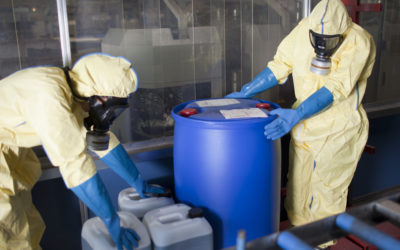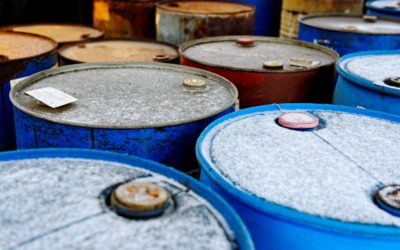Managing industrial waste effectively is critical for regulatory compliance, environmental protection, and workplace safety. From identifying hazardous waste to ensuring proper transportation and disposal, businesses must follow EPA regulations to mitigate risks and avoid fines. This mini-guide outlines the essential steps for industrial waste management, including waste classification, generator categories, on-site storage, and off-site disposal best practices. Whether you’re a small quantity generator (SQG) or handling large-scale hazardous materials, having a strategic waste management plan ensures compliance and operational efficiency. Learn how to streamline your waste disposal process today! 🚛♻️
Service Request
Have waste that requires compliant handling or disposal? Fill out our service form and an MCF Environmental Representative will get back to you quickly with next steps!
Please note we do not provide disposal services for household waste






